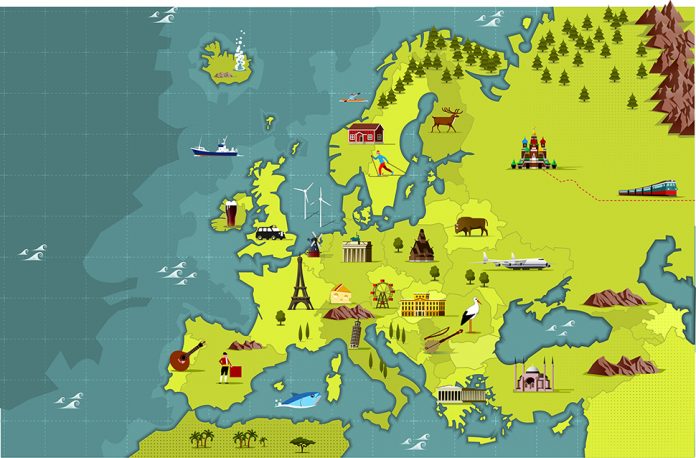Since 1995, health research in Europe has been dominated by a scientific evidence-based system (EBM), which includes a methodology based on industry standards, chemical mono-substances and conventional medicinal classifications. To support EBM, the industry introduced a set of four criteria that claim to define a perfect health-care model. Known as the Big Four, the criteria included quality, safety, effectiveness and efficacy.
Today, EBM is becoming a growing marketing strategy as a result of its direct association with science, experts and quality products. In the meantime, a number of political figures that are involved in the public health sector recognize the individuals that are exclusively working on a scientific level, i.e. evidence-based. This leads to the discrimination of the global experience-based system of natural medicine. Though EBM seems to contribute to global economic growth, the reality is quite the opposite: constantly growing prices as well as toxification and frequent side effects from the products.
Dr. Sean Murphy, a member of the Acupuncture Foundation Professional Association (AFPA) in Ireland, addressed this crisis and the challenges the European healthcare systems face at the European Traditional Chinese Medicine Association (ETCMA) General Assembly in Prague earlier this year.
“The rates of common diseases, such as diabetes, obesity, cardiovascular disease, cancer, etc. in European countries, are increasing dramatically, the patient’s satisfaction with conventional medical care is decreasing and at the same time, we are looking at a future with steadily increasing health-care costs.”
Currently, trends in natural medicine, including complementary and alternative medicine (CAM), traditional medicine and naturopathy (TM&N), and traditional and complementary medicine (T&CM) show that the EBM system is not applicable, as its methodology does not include the values and specifications needed to do proper research on natural medicine.
Methodology specifically developed for CAM and TM&N should be based on a holistic approach. Firstly, an interdisciplinary research from the fields of anthropology, biology, physics, sociology, history, arts and medicine is needed. This will provide qualitative research, field studies, person-centred and individual research methods. Secondly, this specific methodology should include information about intangible cultural heritage from all over the world — on regional and/or a healthcare system level. The third and most important aspect deals with the patient, particularly their health literacy, relationship with the doctor, level of awareness when it comes to natural medicine and the patient’s desire to explore alternative medicine. The fourth aspect should be viewed from the economic and political perspective. The freedom of choice when it comes to health coverage, income, access to care and treatments available would show the real value of the Big Four.
Currently, some parts of CAM and TM&N are evidence-based (with the EBM methodology) and are included in the conventional public health system. Further changes in the public health system could help integrate natural medicine into healthcare.
More research and new methodology require both sufficient money and time investment. The European Union’s CAMbrella-project has shown that there are scientists working toward this direction. Today, the industry is in desperate need of a new methodology, one of the reasons being an increased political demand for scientific studies. By putting our efforts together, we can bring natural medicine to a new, “lege artis” level.
CAMbrella is a pan-European research network for complementary and alternative medicine (CAM). A three-year project, started in 2010, CAMbrella’s goal was to develop a roadmap for future European research in CAM that is appropriate for the health care needs of EU citizens, and acceptable to the EU Parliament as well as national research funders and healthcare providers. More info: www.cambrella.eu
Nora Laubstein
Founding member and since 2007 President of the Association for Natural Medicine in Europe e.V. (ANME). Practicing in the field of traditional European naturopathy (TEN) since 1995, Laubstein is a member of the Deutschen Naturheilbund, general secretary of the Selbsthilfekontaktstelle SEKOS-Gelnhausen, advisor on the Union Deutscher Heilpraktiker-Hessen board.







